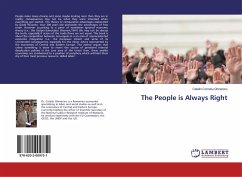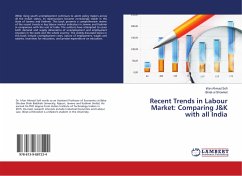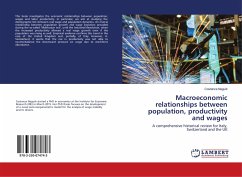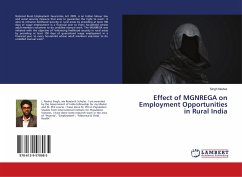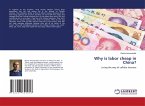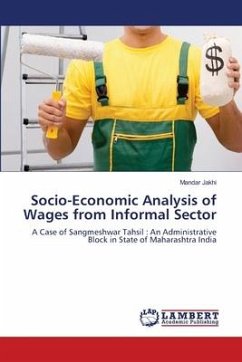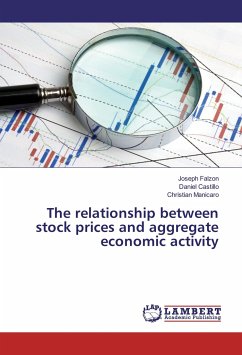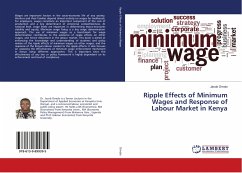People make many choices and some maybe looking nicer than they are in reality; consequences may not be what they were intended when everything got started. The theory of comparative advantages elaborated by David Riccardo, now 200 years old postulates the advantages of free trade. However according to a piece of sometimes ignored economic theory (i.e.: the Stolper-Samuelson theorem,1941) this may not be always the truth, especially if actors of the trade flows are not equal. This book is about the competition between non-equals in a an area of unprecedented economic integration (i.e.: the European Union) and some of its unintended consequences, especially for the minor actors represented by the economies of Central and Eastern Europe. The author argues that unless something is done to revert the course of persistent internal devaluation policies in the core area of the Union then, these smaller economies are condemned to a position of periphery which will bled them dry of their most precious resource: skilled labor!
Bitte wählen Sie Ihr Anliegen aus.
Rechnungen
Retourenschein anfordern
Bestellstatus
Storno

